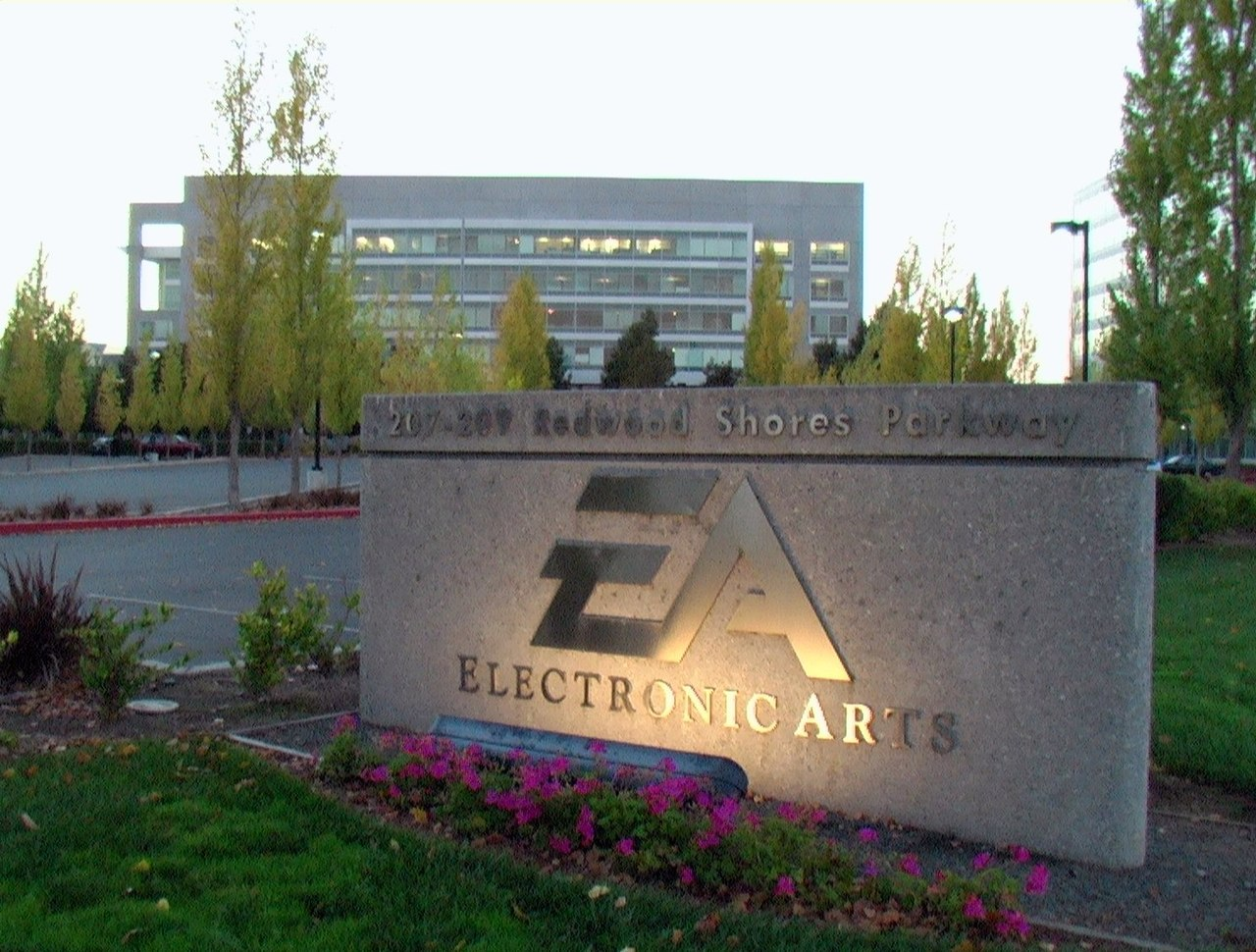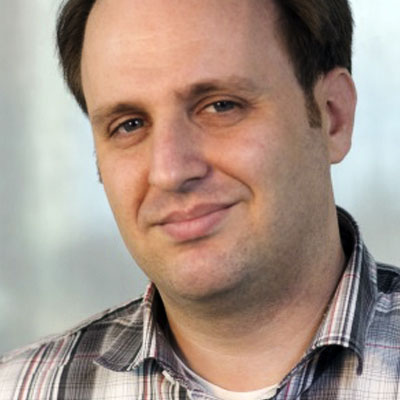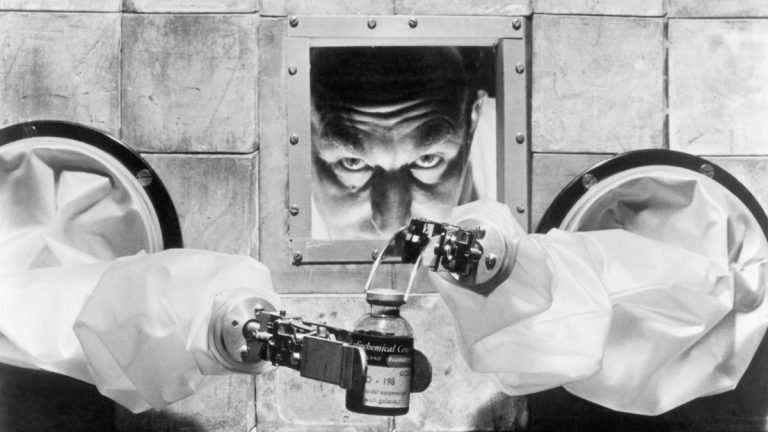A significant majority of Electronic Arts shareholders voted against the company's executive compensation plans late last week. The vote follows a pressure campaign from activist investor groups against what they see as excessive bonuses for executives at the company.
So-called "say-on-pay" votes rarely fail when put before shareholders of major publicly held companies; a recent Harvard Business School study showed well below 3 percent of such votes failing in the last decade or so. And while the results of the vote aren't binding on the company's board of directors, they would have to overrule a full 74 percent of the company's voting shares that rejected the pay plan (Update: an earlier version of this piece cited a preliminary vote tally of 68 percent against. Ars regrets the error).
The rejected payment plan included a proposed $21.37 million in total compensation for CEO Andrew Wilson in the 2020 fiscal year, up from $18.3 million in 2019. Other executives were set to see much larger bumps, including CFO Blake Jorgensen ($9.41 million in 2019 to $19.5 million in 2020) and Chief Studios Officer Laura Miele ($6.95 million to $16.1 million), and CTO Kenneth Moss ($6.95 million to $14.2 million).
An assortment of investor groups rallied against EA's proposed compensation plan ahead of the vote, including influential proxy vote advisors Institutional Shareholder Services and union-affiliated CtW Investment Group. Public employee retirement funds in New York and California followed those groups' lead in voting against the proposal, helping lead to its defeat.



 Loading comments...
Loading comments...
